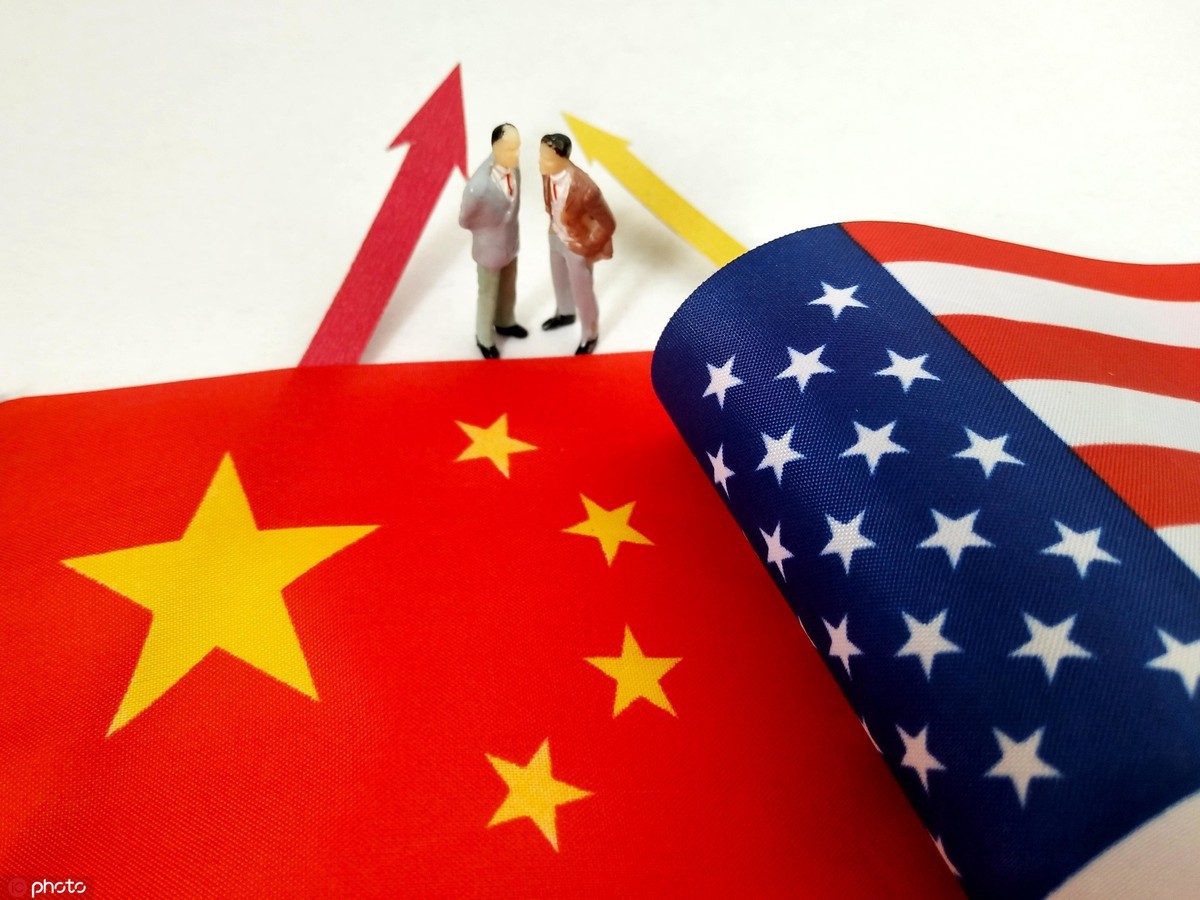US CEOs cite trade dispute for lower growth expectations


Survey of 200 US chief executives reveals that they see GDP growing by 2.3% in 2019
Chief executives of the largest US companies have downgraded their outlook on the country's economy because of uncertainty over the US-China trade dispute and slowing global growth, according to a survey.
The CEOs are expecting a 2.3 percent GDP growth rate in 2019, down from their previous expectation of 2.6 percent, according to the survey published Wednesday by the New York-based Business Roundtable, a group of company chiefs from nearly 200 companies.
A separate Duke University survey of chief financial officers released on Wednesday also found that economic uncertainty is their biggest concern. Business optimism also has dropped to its lowest level in three years, with more than half of the roughly 250 US CFOs it polled expecting the country to be in recession by the November 2020 US election.
Joshua Bolten, president and CEO of the Business Roundtable, said, "Uncertainty is preventing the full potential of the economy from being unleashed, limiting growth and investment here in the US.''
The Roundtable survey asked members to rate the impact of the trade war on their businesses over the past year. More than half of the executives reported a somewhat or very negative impact on sales, while 40 percent of manufacturing CEOs said capital investment was affected.
One-third said it had negatively affected hiring. The survey conducted between Aug 23 and Sept 9 found almost no company CEO reported a positive impact.
Jamie Dimon, chairman of the Roundtable and chairman and CEO of JPMorgan Chase, told reporters Wednesday that while he was "skeptical" that a trade agreement would be struck by next year, "both parties would be better off having a real trade deal".
"The US needs strong, sustained, long-term economic growth in order to remain globally competitive and expand opportunity for more Americans," Dimon said.
Nearly two dozen US lobbying groups announced Wednesday that they had joined forces to try to rein in President Donald Trump's power to unilaterally impose tariffs.
Led by the National Foreign Trade Council (NFTC), whose board includes major companies such as Ford Motor Co, Facebook and FedEx, the groups said they had formed the Tariff Reform Coalition to urge Congress to take back greater control over trade policy and increase its oversight of the president's use of tariffs.
The 23 groups outlined their concerns in a letter to the two congressional committees that oversee foreign trade, the House Ways and Means Committee and the Senate Finance Committee.
"It is clear that many of the Administration's tariff actions over the past two years have had significant collateral effects on domestic prices and have led to extensive retaliation against our exports," the groups wrote, warning that measures still under consideration could inflict further harm.
The letter was signed by large US trade associations, including the Grocery Manufacturers Association, the National Retail Federation, the Association of Global Automakers, and the American International Automobile Dealers Association.
Reuters contributed to this story.
































